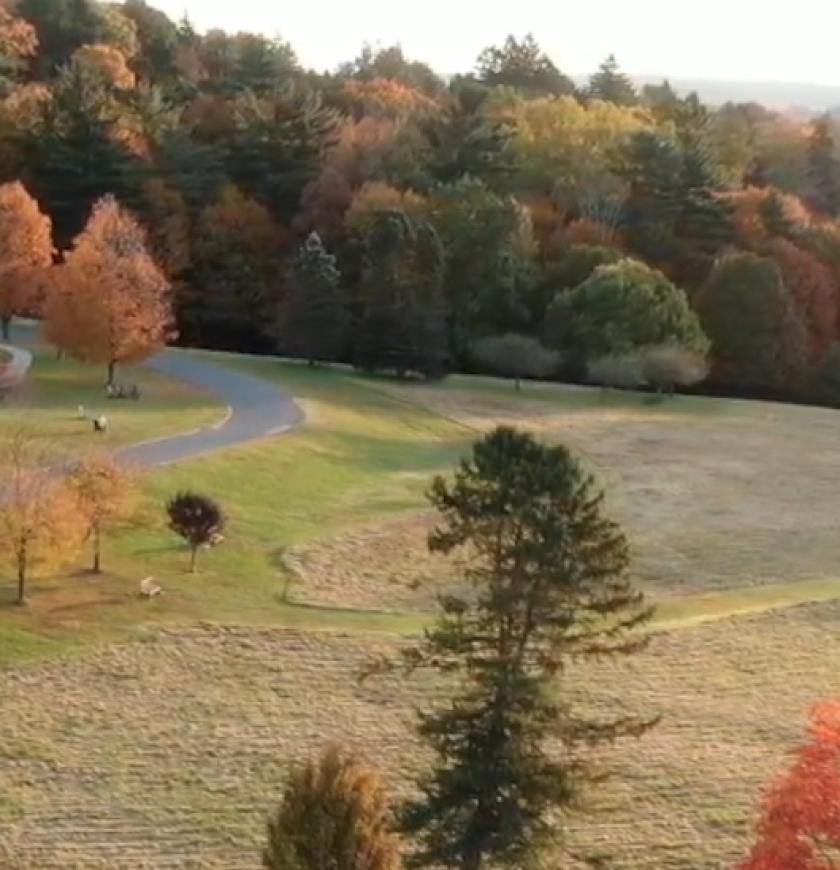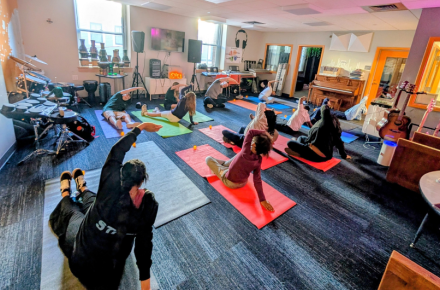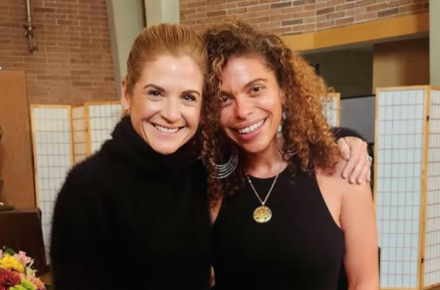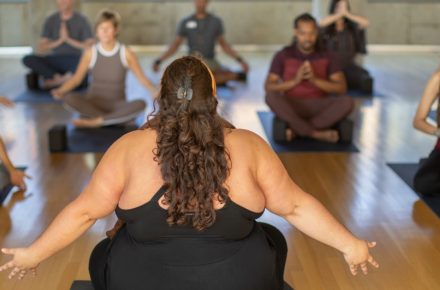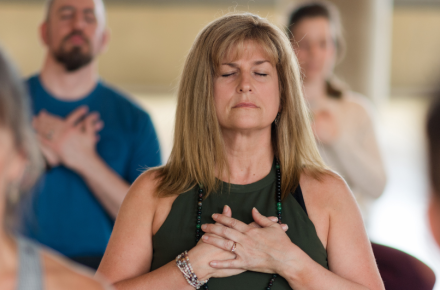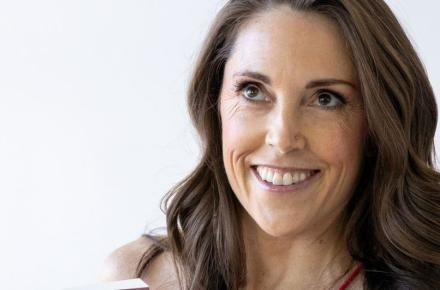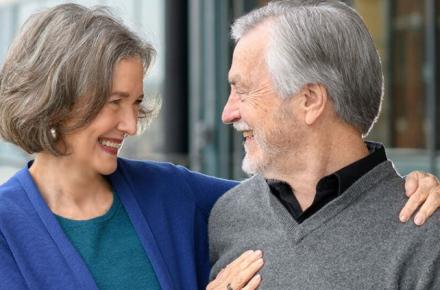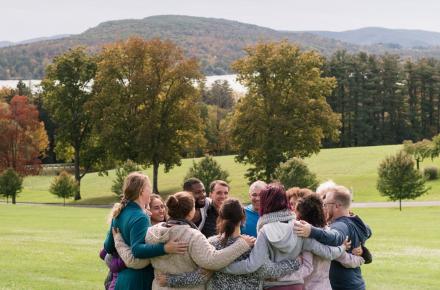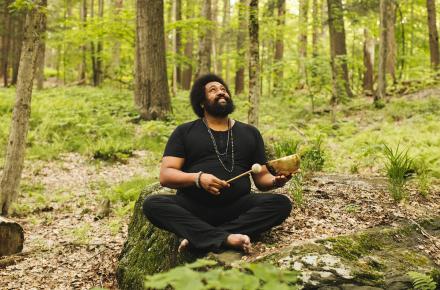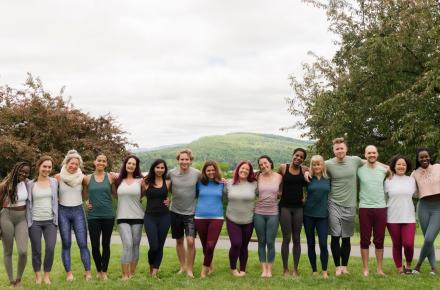3 Powerful Tools for Navigating Transitions

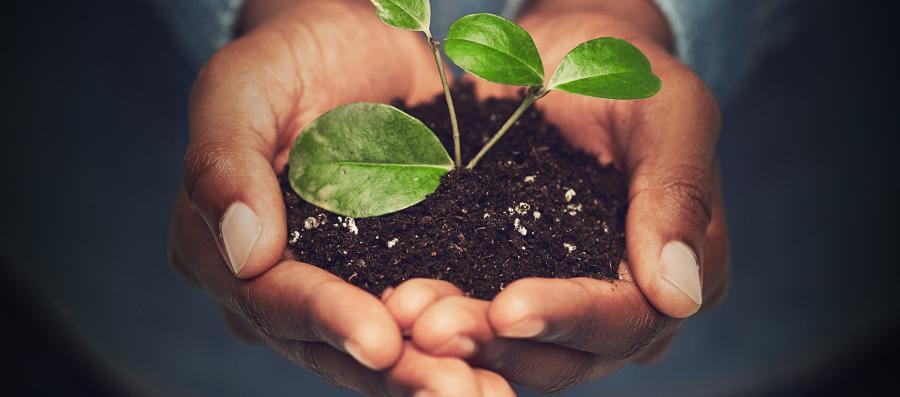
“The only thing that is constant is change,” said the ancient Greek philosopher. Has that ever been more true than right now?
Positive psychologist Maria Sirois and celebrity health and life coach Karlee Fain are in a position to help others navigate the intensity and stress of personal and global change, as they have decades of experience working with people wrestling with all kinds of life transitions, ranging from career switches to divorce to loss of a job or a loved one.
Transitions are challenging, no doubt. What makes them even more so, according to Maria and Karlee, are the beliefs we carry about them, as well as the actions we fail to take when we’re in the thick of change.
“People don’t trust themselves to stay in integrity with the path of change,” Maria says. “They lack hope or they don’t set themselves up well enough to support the hard work of change. They don’t have an accountability partner. They don’t maintain their new practice long enough. They don’t mark their progress and celebrate success along the way.”
“Change requires courage,” Karlee says. “The willingness to pause and be mindful helps you develop your own wisdom.”
As you work with change, whether it's chosen or not, Maria and Karlee recommend a few approaches:
Make molehills out of mountains. “Ask yourself, ‘What is the smallest step I can take right now to lean into what's happening?” Karlee recommends. Navigating a transition, she says, doesn’t require tremendous resources. “It’s not about survival of the fittest—it’s about survival of the focused. Keep coming back to your goal. Do 10 minutes of work each day on what is important to you.”
Build in the “and.” “When you’re having a defeating, fearful, or barrier thought,” Maria explains, “like 'I fear I won't get another job I love,' build in the ‘and.’ Say to yourself, ‘I fear I won’t get another job I love, and I can use my strength of creativity to help me get there.’”
When you add a positive thought onto a negative thought, Maria explains, you’re creating new neuronal connections that trigger optimism, which keep you from staying stuck in a pessimistic brain. “Building in the ‘and’ reminds you that you have a choice,” she says. “You learn to shape your story day by day.”
Get curious. Rather than stew in a cauldron of fear and worry, Maria and Karlee suggest we allow our imaginations to reign supreme for a time, as that can actually have a calming effect. “Ask yourself, ‘I wonder what would happen if?’” Karlee says. “That’ll help you stop white-knuckling it.” When the parasympathetic nervous system, which helps the body rest and relax, begins to kick in, vision expands so we can see other possibilities.
Maria and Karlee say that people who manage transitions well tend to make small daily habit changes. They feel stuck and take action anyway. They have a sense of their inner strengths and a reservoir of positive self-regard. They give themselves permission to seek joy even in the face of personal challenge and bad news. And, when they’re tempted to return to old patterns of behavior that keep them from moving ahead, they turn to people who hold them accountable for not slipping backwards.
“We don’t need people who love us no matter what, as much as we need people who say, ‘Did you do your practice? If not, when are you going to?’” Maria says.
In their programs, which involve group discussion, yoga, creativity, and time in nature, Maria and Karlee make sure to inject healthy doses of play. “Play is important in transitions,” Karlee says. “It switches the wiring in the brain so we can see things in a different way. What’s enjoyable is memorable.”
“You can’t think your way through change,” Maria adds. “You need to re-experience moments of wonder and joy, and that happens through play and laughter.”


